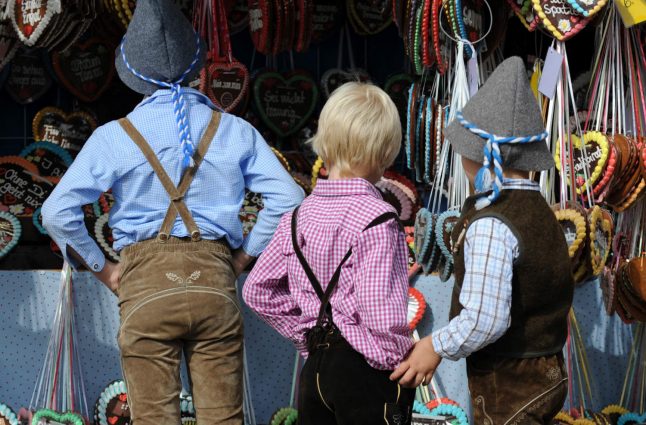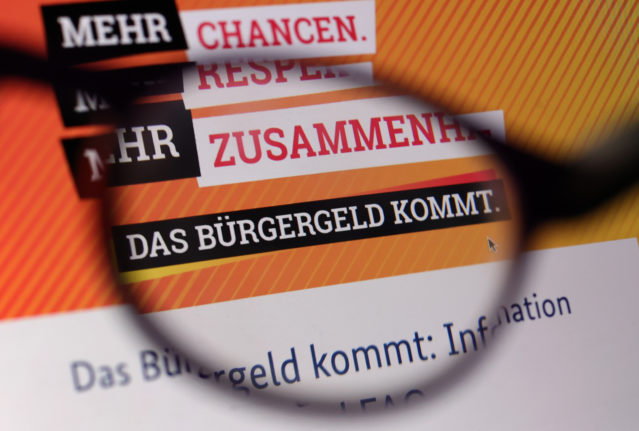The report by UNICEF’s Office of Research Innocenti, urges governments to improve and protect child well-being in the face of the economic, social and educational fallout from the Covid-19 pandemic.
“Many of the world’s richest countries – which have the resources they need to provide good childhoods for all – are failing children,” said Gunilla Olsson, director of the research office, which is located in Florence, Italy.
According to the representative survey published on Thursday, 75 percent of girls and boys in Germany say they are very satisfied with their lives. However, in the Netherlands that number is 90 percent, in Switzerland it's 82 percent and in France 80 percent of kids are happy.
The lowest value was in Turkey where just 53 percent of children said they had high life satisfaction, followed by Japan (62 percent) and the UK (64 percent).
READ ALSO: 'Nearly three million' children in Germany live in poverty
Rudi Tarneden, spokesperson for Unicef Germany in Cologne said 75 percent was a “good figure” on the surface, but he added: “You can also turn it around and say: one in four children is not very satisfied. And that is not so good by international comparison.”
He said the fact that parents of many German children are more driven by worry and fear than in other countries certainly played a role. “If the adults don't convey much confidence, this is reflected in the children's attitudes,” he said.
The survey also found in Germany only 72 percent of girls and boys say it's easy for them to make friends. At the other end of the scale, 83 percent of children in Romania feel it's easy to make friends.
READ ALSO: Germany to start paying out €300 Kinderbonus
Charity bosses say greater emphasis must be placed on promoting social skills in schools. In addition to Estonia and Poland, Germany also has the highest number of adolescents who think they are too fat or too thin.
Despite a long phase of economic boom, child poverty in Germany has remained relatively constant, said Tarneden.
Germany in 14th place when it comes to well-being
The study compared the well-being of children in 41 OECD and EU countries. The focus was on mental and physical health as well as social skills.
In the overall assessment, the study rated the well-being of children best in the Netherlands, Denmark, Norway, Switzerland and Finland. Germany snagged the 14th spot. The worst performers were Chile, Bulgaria and the United States.

Screenshot of top 20 countries. Source: Unicef
“Prosperity does not automatically mean that all children develop well,” said Tarneden. “What we have in western industrial societies is a diversity of childhood situations.
“The perfect family portrayed in TV adverts is an illusion. Far too many children are left behind, even in our country.”
Coronavirus crisis has impact on children
According to UNICEF, the burden of the coronavirus pandemic is huge, with long school closures having a major impact on the mental and physical health of many children.
“It is clear to everyone that children who have a stable home and are encouraged and supported there will come out of the crisis better than those who sit alone in a high-rise housing estate during the day, and distract themselves with games on the PC or cell phone,” said Tarneden.
READ ALSO: How can Germany improve its Kitas amid teacher shortage




 Please whitelist us to continue reading.
Please whitelist us to continue reading.
Member comments